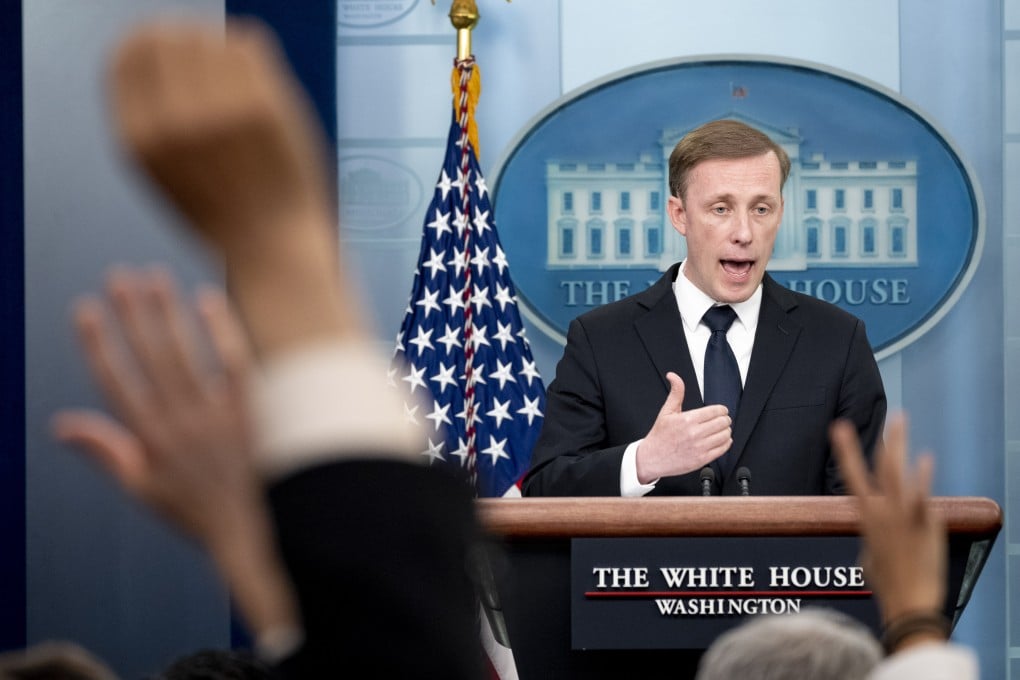The View | Washington’s new China narrative is meant to reassure the world economy
- In recent remarks, the US Treasury secretary and national security adviser have described US export controls targeting Chinese tech sector as narrow in scope
- Washington seems to understand that overly broad restrictions in the name of national security will hurt the global economy and provoke Beijing

Two competing agendas are currently vying to shape the United States’ domestic and foreign economic policies. One agenda is inward-looking, focusing on the creation of an inclusive, resilient, prosperous and sustainable American economy. The other focuses on geopolitics and on maintaining US primacy over China. The future of the world economy depends on the outcome of this conflict and whether these opposing priorities can coexist.
The administration’s approach to the world economy reflects a broader intellectual shift. Senior US policymakers now believe that the post-1990 model of globalisation, which prioritised free trade and free markets over national security, climate change and the economic security of the middle class, has undermined the socioeconomic foundations of healthy democracies.
In his remarks, Sullivan laid out the five pillars of the administration’s international economic agenda, which he called “a foreign policy for the middle class”. The first pillar is a “modern American industrial strategy” that aims to catalyse private investment in sectors deemed critical to US prosperity and security. The second involves working to ensure that US allies adopt similar policies to improve “capacity, resilience and inclusiveness”.
Third, the US will move away from traditional trade deals that focus on market access and embrace “new international economic partnerships” that address global challenges such as climate change, digital security, job creation and corporate tax competition. And the US will seek to generate trillions of dollars in investments in emerging economies and provide aid to countries facing debt distress.

